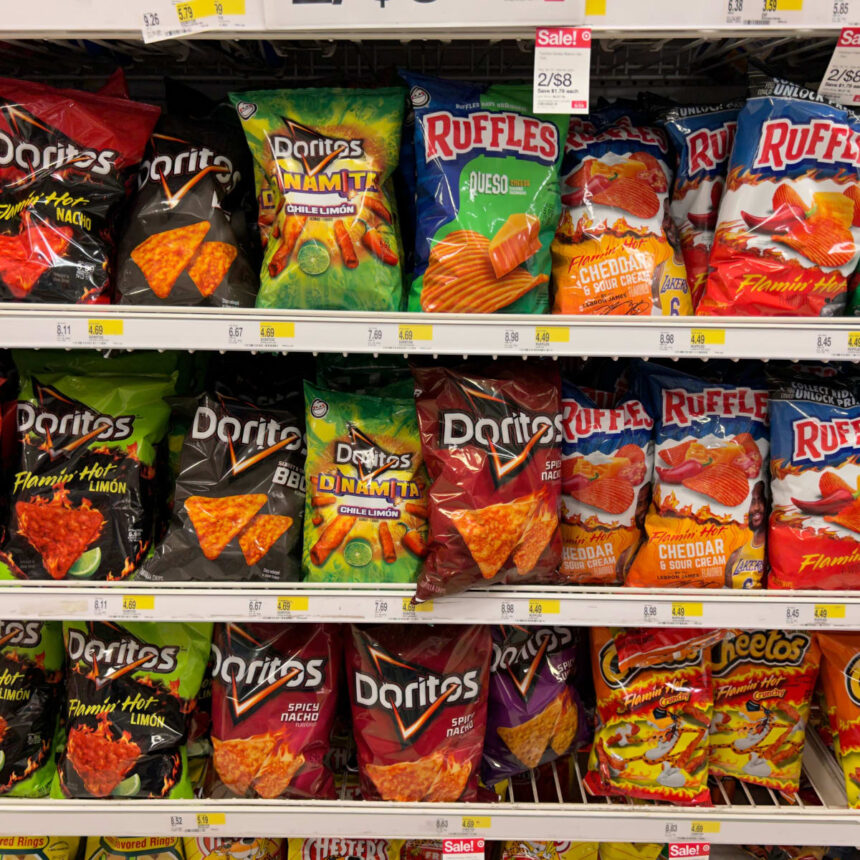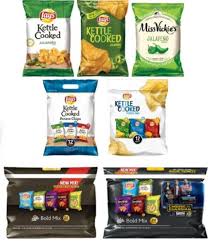A Crunch Gone Wrong: The Start of the Frito Lay Potato Chips Recall
Everyone loves the satisfying crunch of a potato chip, especially when it comes from a trusted brand like Frito Lay. For decades, Frito Lay has been a household name, filling lunch boxes, party bowls, and vending machines across the world. So when news broke about the Frito Lay potato chips recall, it was not just a corporate mishap—it was a moment that made loyal snackers pause.
It all started with a routine quality control check. A batch of chips that had been distributed to several stores across the country was found to contain a foreign substance. At first, it was unclear whether this posed a health risk. But as internal testing continued and complaints from consumers trickled in, Frito Lay took the bold and responsible step of announcing a recall.
This article walks you through what really happened, how it unfolded, and what you need to know if you’re a fan of their products—or just concerned about food safety.
Behind the Scenes: How Recalls Work
Before diving deeper into this specific recall, it helps to understand how food recalls typically operate. When a food manufacturer identifies a potential issue—like contamination, undeclared allergens, or compromised packaging—they’re required by federal law to investigate. If the problem could impact consumer health, a voluntary or mandated recall may follow.
In Frito Lay’s case, the decision to initiate the recall was voluntary but swift. The company issued a public statement, notified retailers, and worked closely with the U.S. Food and Drug Administration (FDA) to make sure every step followed protocol.
What makes a recall effective isn’t just the announcement—it’s how a company responds to public concern. Frito Lay published a detailed list of the affected product codes and best-by dates, urging customers to check their packages and offering refunds or replacements. They also set up a hotline and a dedicated webpage to answer questions.
Frito Lay Potato Chips Recall: The Moment of Truth
The Frito Lay potato chips recall officially began when several customers reported an odd texture and strange aftertaste in their favorite bag of chips. While no immediate health emergencies were reported, some people experienced mild stomach discomfort after eating from the affected batches.
Frito Lay traced the issue to a malfunctioning piece of equipment at one of its production plants. That machinery had accidentally introduced small, rubber-like particles into the cooking process. Though the particles weren’t toxic, they certainly weren’t meant to be part of your snack.
Recognizing the seriousness of the situation, Frito Lay expanded the recall to multiple states and even halted production at the plant in question until the equipment could be fully repaired and inspected. This kind of transparency and prompt action played a crucial role in maintaining customer trust.
Consumer Impact and Public Reaction
When trusted products turn unsafe, public reaction is often swift—and emotional. People took to social media to share photos, videos, and personal experiences with the affected chips. Some expressed frustration; others praised Frito Lay for being honest and efficient in handling the situation.
One family from Ohio reported that their daughter found a “rubbery ring” inside her chip bag. Thankfully, she wasn’t hurt, but the incident left a bad taste—both literally and emotionally. Her mother later said, “It’s scary to think something so small can make you lose faith in a product you’ve trusted for years.”
At the same time, others posted updates about receiving their refunds quickly, or about how customer service had reassured them. “They owned their mistake,” wrote one user. “That’s what matters.”
A Wake-Up Call for the Industry
Food recalls like this one aren’t just blips on the radar; they send shockwaves through the entire food production industry. They remind manufacturers, distributors, and regulators that even small mistakes can have big consequences.
The Frito Lay potato chips recall served as a learning moment—not just for Frito Lay, but for every major brand that deals with mass food production. It highlighted the importance of equipment maintenance, product testing, and transparent communication.
Following the recall, Frito Lay committed to additional safety protocols. This included more frequent machine inspections, staff training, and a more robust consumer feedback system. These steps were not only about fixing the current problem—they were about preventing the next one.
What Should You Do If You Have the Affected Chips?
If you think you may have purchased one of the recalled products, here’s what you should do:
-
Check the Label – Look for product codes and best-by dates. You can compare these to the official list provided on the Frito Lay website.
-
Stop Eating the Product – Even if you haven’t had a bad experience, it’s better to be safe than sorry.
-
Contact Frito Lay – Their customer service team is available online and by phone. They’ll walk you through the refund or replacement process.
-
Dispose of the Chips Safely – If you choose not to send them back, be sure to discard them properly so others don’t consume them by accident.
conclusion
Trust is hard to earn and easy to lose. But Frito Lay’s handling of this situation shows that companies can take responsibility and bounce back stronger. Recalls happen, even to the best brands. What matters most is how they’re managed.
In the end, the Frito Lay potato chips recall is a story of accountability and resilience. It’s a reminder that even in the world of comfort snacks, vigilance is key. While this incident shook some customers, it also revealed the systems in place to protect public health—and the integrity of a company willing to do the right thing when it counts.
So, the next time you reach for a bag of chips, you might look twice—but if it’s from Frito Lay, chances are good that it’s safer than ever.







